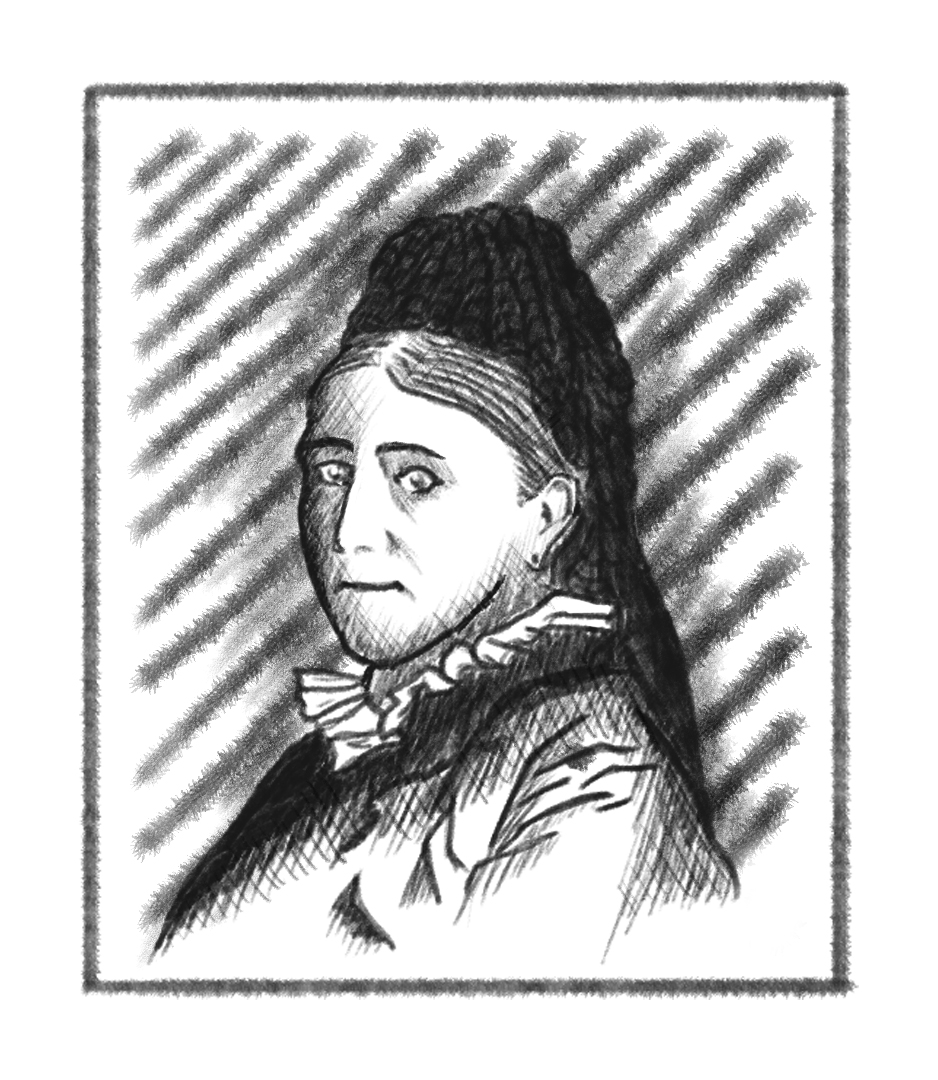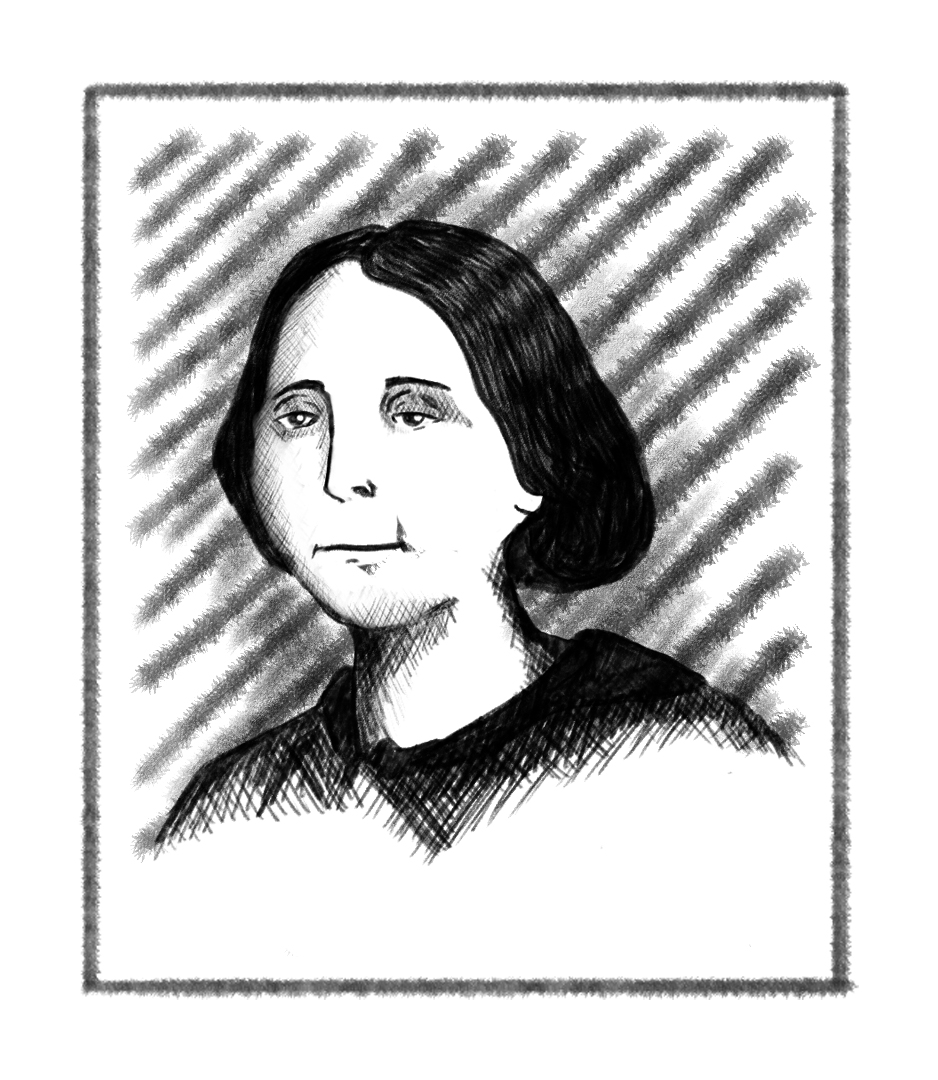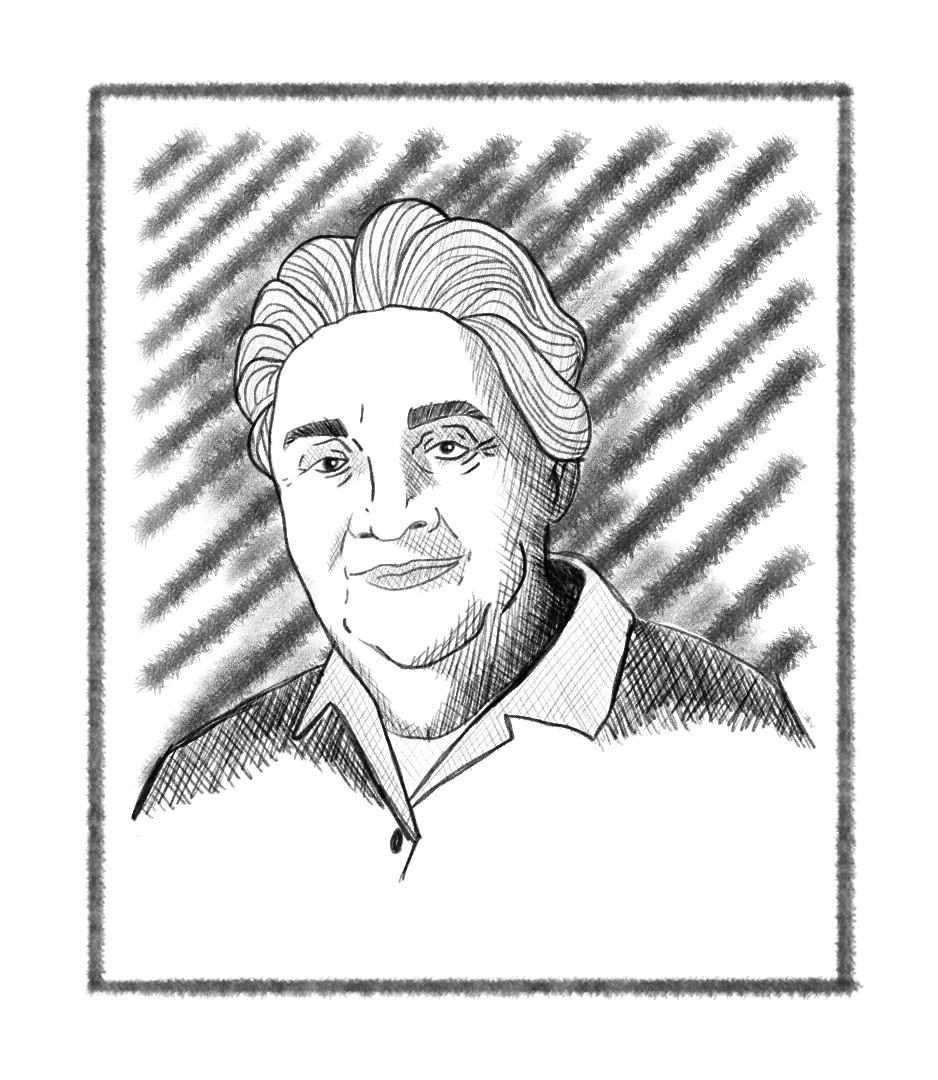- Home
- |
- Our Culture
- Louis Riel
- Métis Firsts in North America
- Métis Minute
- Who are we?
- Métis Nation Database
- Kids' Corner
- I Love to Bead Month
- |
- Departments / Affiliates
- Citizenship
- Culture & Heritage
- Early Learning & Child Care
- Economic Development
- Engagement and Consultation
- Energy, Infrastructure & Resource Management
- Health & Wellness
- Housing and Property Management
- Infinity Women Secretariat
- Louis Riel Capital Corporation
- Louis Riel College
- Louis Riel Institute
- MEDOCare
- Métis Child and Family Services Authority
- Métis Employment & Training
- Métis Justice Institute
- Métis Rights & Constitution
- Michif Language
- Provincial Education
- Red River Métis Business Development Corporation
- Red River Métis Community Resource
- Red River Métis Fur Company
- Red River Métis Veterans
- Riel House
- Sixties Scoop
- Youth
- |
- Government
- |
- Jobs
- |
- News
- |
- Contact
5 legendary women in Red River Métis history
March 11, 2024

The Red River Métis are known both historically and presently as a matriarchal people. The role of Métis women has always been fundamental to the preservation of Red River Métis culture, history, and identity. It is our mothers who teach us and lead our families, and it is women who make up most of our leadership roles at the Local level, as well as the staff leadership of your Red River Métis Government. Of the 23 elected officials seated at the Manitoba Métis Federation (MMF) Cabinet table, 11 are women - so there is no question that Red River Metis women are leaders in our families, our Nation, and our government.
In honour of Women's History Month, the MMF celebrates the bold and courageous Matriarchs of yesterday who continue to inspire the women of today. Here are five women in Red River Métis history we will never forget.
- Mathilda Davis (1820-1873)

Mathilda Davis was born in the parish of St. Andrews, Red River Settlement, in 1820. Her father was John Davis, a retired officer of the Hudson's Bay Company (HBC). At the time, settlers and HBC families were obliged to send their daughters to England for their education. When Davis returned to Red River, she devoted her entire life to teaching.
During her time as an educator and with the help of influential Citizens, HBC families, and Dr. John Bunn, a physician for the HBC, a school for girls was established in the Red River in 1840. The school was first located in a frame house in St. Andrews, which was owned by Davis' brother, an HBC employee at Lower Fort Garry. In 1858, a stone house was built in front of the wooden one, which is still standing to this day. Several women prominent in the colony helped Davis in her teaching, including her sister Nancy.
Following Davis' death in 1873, education in the newly formed province of Manitoba was supported mainly by the church, but this Red River Métis educator will forever be remembered as a pioneer for women's education in the Red River.
- Annie Bannatyne (1830-1908)

Annie Bannatyne was born at Fort Garry in 1830 to father Andrew McDermot and mother Sarah McNab. As one of the "First Ladies" of the Red River, she was known for being highly educated and for her early philanthropic work.
One of Bannatyne's biggest passions was her work with her Ladies' Association, a group of fellow philanthropic women who fundraised for a variety of causes. Her most notable work involved establishing the Winnipeg General Hospital (now the Health Sciences Centre), which was built on land donated by her husband, Andrew Graham Ballenden Bannatyne, as well as her father. The Ladies' Association later became known as the Women's Hospital Aid Society, which helped to raise money and donations of goods for many years.
In addition to her charitable works, she is most remembered in Red River Métis history for horse-whipping Englishman Charles Mair in February of 1869. Mair was an anti-Métis member of the Canada First Party and had written a letter which was published nationally making derogatory slurs about "half-breed women" and Red River society. After seeing this letter, Bannatyne vowed to seek revenge for the Red River Métis women he disrespected. What was a short-lived act of violence, with only a handful of lashes taking place, became known across the country as an act of resistance against the racism taking place against the Métis.
Bannatyne passed away in May 1908 and was laid to rest at the Kildonan Cemetery. Following her death, she was selected as a Manitoba 150 Women Trailblazer, a list released in 2021 by the Nellie McClung Foundation highlighting the exceptional women who made our province what it is today.
- Harriet Goldsmith Sinclair Cowan (1832-1926)

Harriet Goldsmith Sinclair Cowan was born at the Red River Settlement on July 9, 1832 the Métis daughter of trader James Sinclair and Elizabeth Maria Bird. Cowan was a highly educated girl, having done most of her schooling in the Red River before leaving with her sister for Galesburg, Illinois, to attend Knox College.
After returning from the U.S. in 1850, she married HBC physician William Cowan in 1852 and had four children. At that time, her family travelled all over the Red River for her husband's work as a surgeon, fur trader, and later second in command to Governor William McTavish. With such an eventful life, Cowan decided to contribute her recollections of early life in the Red River Settlement for the book Women of Red River by W.J. Healy.
To this day, she is known as one of the "First Ladies" of the Red River. With not many accounts of early life in the Red River from Métis women's perspectives, Cowan had the chance to provide insight into the important role of women during this time. She later passed away in September of 1926, in her home on Wardlaw Avenue from a broken hip.
- Marie Rose Delorme Smith (1861-1960)

Marie Rose Delorme Smith was born in 1861 in Saint François-Xavier. In her early teens, she attended the Grey Nuns Boarding School in Saint Boniface where she learned to speak and write in both English and French, while remaining fluent in Cree and possibly in Michif. Her family spent their time travelling the western plains to hunt buffalo and trade.
Smith exemplified the leadership of Métis women through her work in community building and as a homesteader, rancher, and author. She witnessed firsthand the fur trade economy and culture of the Prairies shift to the more sedentary and increasingly agricultural economy. As an author, she was one of few who documented the roles of Métis women during the fur trade, the buffalo hunt, and homesteading periods, while also documenting the cultural changes she experienced on the prairie.
This homesteader was also one of the few women to own property at the time. Smith devoted her life to her husband and their 17 children while successfully running her family's ranch. She established a small cottage industry, as well as a boarding house and second homestead in a pioneer town, while showcasing her Métis cultural practices through her work as a midwife.
Unfortunately, she was unable to have her memoirs published in their entirety, but Smith did publish a series of articles in different news publications. Her later years were spent dedicated to her family. Smith passed away in 1960 at the age of 99.
- Elsie Bear (1921-2002)

Elsie (Hourie) Bear was born in 1921 to a Métis family in Grand Marais. She attended school until Grade 8, then dropped out to find work after her father fell ill. At the age of 22, she met Sam Bear while working at a fishing camp on Lake Winnipeg. Within three months, the two were married. The couple had five children, two of which were adopted. The Bear home was always open to friends, family, loved ones, and anyone needing a place to stay.
Bear's hospitality and generosity extended further than anticipated, with the family opening their home to other families during Christmas. By 1972, their annual Christmas dinner moved to the Selkirk Friendship Centre where over 300 people were fed each year.
As a dedicated member of her community, Bear organized the Selkirk Friendship Centre in 1967, and was involved with the MMF from its inception that same year. She also assisted in the development of Friendship Centres across the country.
Bear received recognition for her philanthropic work over the course of her lifetime. She was named Woman of the Year in 1987 and placed on the Wall of Honour at the Winnipeg Indian and Métis Friendship Centre. That same year, she was made a Senator of the MMF, and in 1990 was selected by MMF Senators to work on the constitution. In 1992, she was honoured with the esteemed Order of the Buffalo Hunt for her community service. It was a well-deserved recognition of her dedication and hard work in helping others.
Before her death in 2002, Bear was given the honour of receiving the Order of the Shawl, an award given to those who lived their lives advocating for the rights of the Red River Métis. She was unable to receive her award before she passed, so the shawl was placed on her casket during her funeral. To honour her legacy, the restaurant in the MMF Home Office, located at 150 Henry Avenue, is named "Elsie Bear's Kitchen," an establishment that embodies her caregiving spirit.
Sources
Dictionary of Canadian Biography - DAVIS, MATHILDA - Volume X (1871-1880) - (n.d.). www.biographi.ca/en/bio/davis_mathilda_10E.html
Goldsborough, G. (n.d.-c). Memorable Manitobans: Matilda Davis (c1820-1873). Manitoba Historical Society. www.mhs.mb.ca/docs/people/davis_m.shtml
Staff, R. (2022, December 31). Memorable Metis: Matilda Davis. St. Andrews Rectory. www.standrewsrectory.ca/memorable-metis-matilda-davis
Goldsborough, G. (n.d.-a). Memorable Manitobans: Annie McDermot Bannatyne (c1830-1908). Manitoba Historical Society. https://mhs.mb.ca/docs/people/bannatyne_am.shtml
Nellie McClung Foundation. (n.d.). Anne Bannatyne. www.nelliemcclungfoundation.com/150-trailblazers/anne-bannatyne
Health Sciences Centre Foundation. Annie and Andrew Bannatyne. (2023, June 28). Health Sciences Centre Foundation. www.hscfoundation.mb.ca/stories/annie-and-andrew-bannatyne
Canadiana. (n.d.). Parish registers: Manitoba : H-1344 - Héritage. https://heritage.canadiana.ca/view/oocihm.lac_reel_h1344/3548
W.J Healy. (1923). Women of Red River : Being a book written from the recollections of women surviving from the Red River era. www.mhs.mb.ca/docs/books/womenofredriver.pdf
Goldsborough, G. (n.d.). Memorable Manitobans: Harriette Sinclair Cowan (1832-1926). Manitoba Historical Society. www.mhs.mb.ca/docs/people/cowan_hgs.shtml
Barkwell, L. Louis Riel Institute. (n.d.). Harriette Goldsmith Sinclair Cowan (1832-1926). www.metismuseum.ca/media/document.php/149063.Harriette%20Goldsmith%20Sinclair%20Cowan.pdf.
Parks Canada Agency. (2023). Marie Rose (Delorme) Smith National Historic Person (1861-1960). Government of Canada. https://parks.canada.ca/culture/designation/personnage-person/marie-rose-delorme
Canadian Council of Herbalist Association (CCHA). Marie Rose Delorme Smith, Metis herbalist & midwife - Alberta (1862-1960) - CCHA / CCAH. (2021). https://herbalccha.org/council-of-elders/marie-rose-delorme-smith-metis-herbalist-midwife-alberta-1862-1960
University of Calgary. Smith, Marie Rose - Archives. (n.d.). https://searcharchives.ucalgary.ca/smith-marie-rose
Goldsborough, G. (n.d.-b). Memorable Manitobans: Elsie Bear (1921-2002). Manitoba Historical Society. https://mhs.mb.ca/docs/people/bear_e.shtml
Gabriel Dumont Institute. (2009). Bear, Elsie. Virtual Museum of Metis History and Culture. www.metismuseum.ca/resource.php/10292
City of Selkirk. (n.d.). Elsie Bear. Selkirk Museum. https://selkirkmuseum.ca/people/elsie-bear
